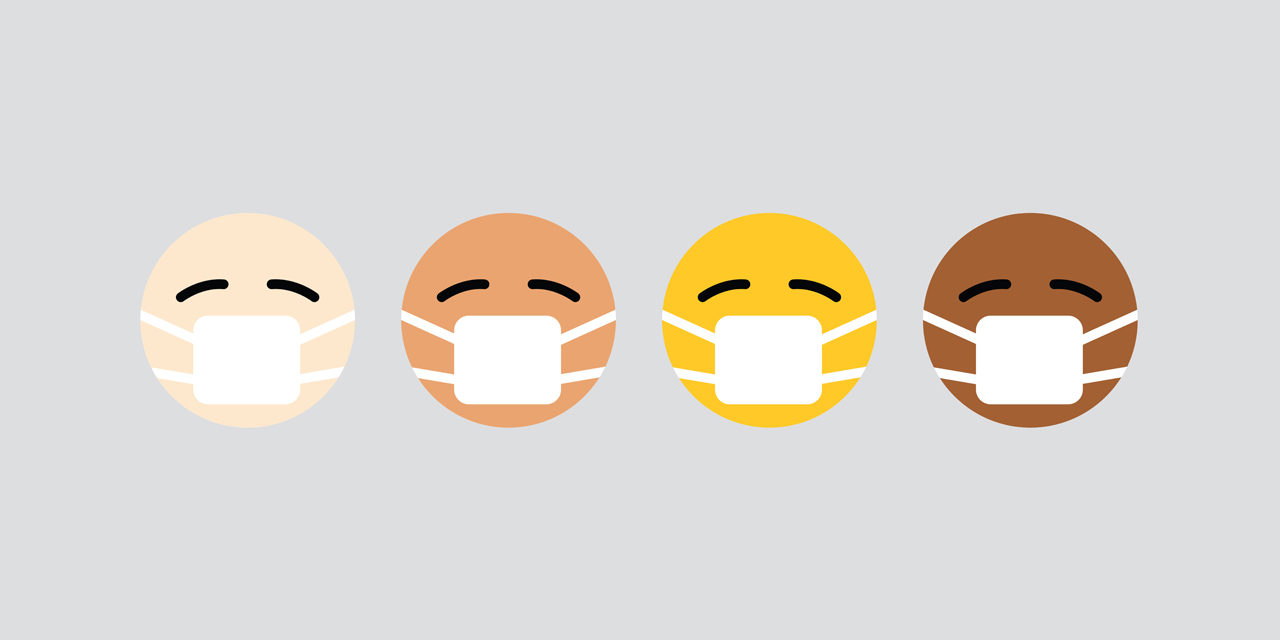Protestors have gathered in cities across the U.S., defying stay-at-home orders and demonstrating against business shutdowns by state governors.
The quarantine orders have closed businesses that are “not essential” or “not life-sustaining”; forbidden meetings of large groups; encouraged mask-wearing and physical distancing; closed schools; and required people to stay at home except for travel to “life-sustaining” or “essential” jobs.
In more and more states, people are challenging those lockdown orders.
More than a thousand gathered at the Colorado State Capitol in Denver, on April 19, rallying at back-to-back events. One was dubbed “ReOpen Colorado,” while the other was called “Operation Gridlock Denver.”
Why were they protesting? The Daily Citizen spoke with a health worker who joined the events, driving up with a friend from Colorado Springs. While the pair had several of their own reasons for attending the rally, they also spoke with others to find out why they participated.
Our source told us that her main motive for attending was that she had “not seen any evidence of the devastation from the virus” that had been predicted by health officials and politicians – only the devastation to people’s lives from job and businesses losses. Working as a nurse in the city’s two hospital systems and tracking the state’s number of coronavirus cases, she said that “the hospitals are empty.” She described one local hospital, with hundreds of rooms, but only “eight COVID-19 patients – none on ventilators.”
She was also participating because, while she believes “the Lord is working this out for His good,” she’s privileged to live “in a country where I have the freedom to speak up.” Using that freedom, she chose to “speak up for the right to meet as a body of believers on Sunday” and on behalf of “the right of friends to run their businesses and for people to lead productive lives.”
She described the event as peaceful and talked with people from all over the state. A young father brought his children and told her, “I have mouths to feed.” One man said that the government “has no right to take away people’s means of living” and another questioned the governor’s authority to issue such a far-reaching edict – without the legislature weighing in.
One woman explained that she’d lost her job serving in a restaurant and was forced to live with her daughter’s family. A man carried a sign that read, “I need a haircut.” Others were protesting the possibility of government mandated COVID-19 vaccinations – if and when one is ever developed.
Hundreds of cars drove around the Capitol building in downtown Denver, bringing traffic to almost a standstill. One driver said that it took “an hour and forty minutes to drive one block.”
Colorado Governor Jared Polis responded to the protest via a statement, saying: “Coloradans have a First Amendment right to protest and to free speech, and the governor hopes that they are using social distancing and staying safe. No one wants to reopen Colorado businesses and lift these restrictions more than the governor, but in order to do that, Coloradans have to stay home as much as possible during this critical period, wear masks and wash their hands regularly to slow the spread of this deadly virus.”
Quarantine measures, aimed at slowing the spread of the virus and at keeping medical facilities from being overloaded, have taken an enormous economic toll. As we’ve reported recently, nearly 22 million Americans have filed new unemployment claims in the past four weeks.
So many small businesses have been affected by city and state shutdowns, that the Paycheck Protection Program, with $350 billion allocated from the $2 trillion CARES Act, had exhausted its funds in less than two weeks.
Colorado’s not the only state where demonstrators have gathered, and more rallies are planned around the nation.
Last Wednesday, April 16, protestors interrupted a coronavirus briefing by Governor Andy Beshear at the Kentucky Capitol in Frankfurt. The Courier Journal reported that a crowd of around 100 continually shouted “we want to work” and “facts over fear” during Beshear’s hour-long press briefing.
The same day, in Washington County, Utah, about 100 people demonstrated against Utah Governor Gary Herbert’s coronavirus orders, calling them “unconstitutional.” Activists carried signs with “Resist like it’s 1776” and “America will never be a socialist country.”
Over the weekend and on into this week, activists have rallied against lockdowns in many states, including California, Michigan, Ohio, North Carolina, Washington, Pennsylvania, Maine, Virginia, Kansas , Maryland, Texas and New Jersey.
The shutdowns have raised a lot of questions about government authority and overreach, and about the economic cost of protecting individuals from illness. Even as protestors where gathering, some governors were announcing gradual re-opening of their state economies.
CNN has a complete list of where every state stands on closure and reopening.
Photo by Visuals






